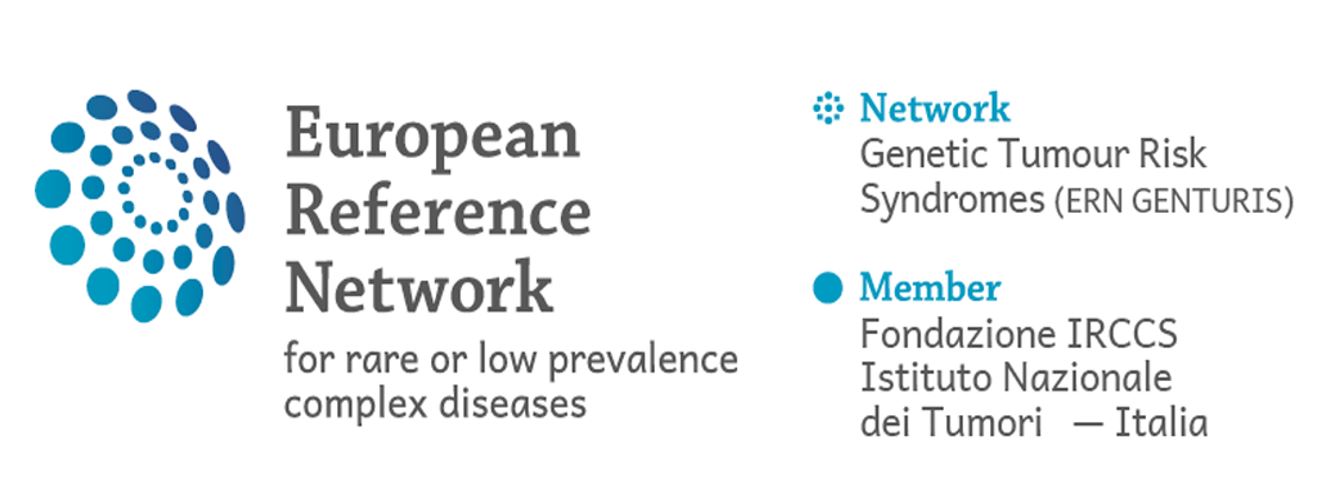HEMATOLOGICAL MALIGNANCIES
Hematological Malignancies
The Hematologic Malignancies Program encompasses research regarding leukemia, lymphoma and multiple myeloma, incorporating a substantial commitment to redefining diagnostic and therapeutic approaches, including stem cell transplantation, for blood cancers using cutting-edge technologies such as next generation sequencing.
We focus on several areas of laboratory research including tumor cell biology, the identification of genetic pathways and genetic lesions involved in hematological malignant diseases. These studies allow us to identify and validate novel targets and compounds and translate them rapidly into clinical trials.
Ongoing clinical and biological studies are aimed at:
(a) evaluating the efficacy of new targeted therapies alone or in combination with standard chemotherapy to allow individualized treatment options for patients affected by multiple myeloma, indolent and aggressive non-Hodgkin’s lymphoma.
(b) Next generation sequencing technologies are employed to identify genetic lesions/mechanism(s) driving tumor aggressiveness and/or chemorefractoriness and to define new targets. Pre-clinical models are used to test efficacy of novel combinations.
(c) Improving allogeneic hematopoietic cell transplantation as treatment for hematological malignancies. Specifically, laboratory and clinical studies are designed to broaden the availability of transplantation, to decrease the incidence and severity of graft versus- host disease, and to reduce the incidence of disease recurrence post transplant.
(d) Exploiting novel biomarkers for the early recognition/stratification of patients requiring intensified treatment options or those unlikely to respond to standard chemo-immunotherapies.
(e) Introducing new molecular methods for the diagnosis and monitoring of hematological malignancies. We are applying a next generation sequencing strategy to monitor B cell malignancies and clonal evolution in MM patients using circulating DNA. We have introduced and develop molecular tests for detection of mutations with diagnostic impact.



















